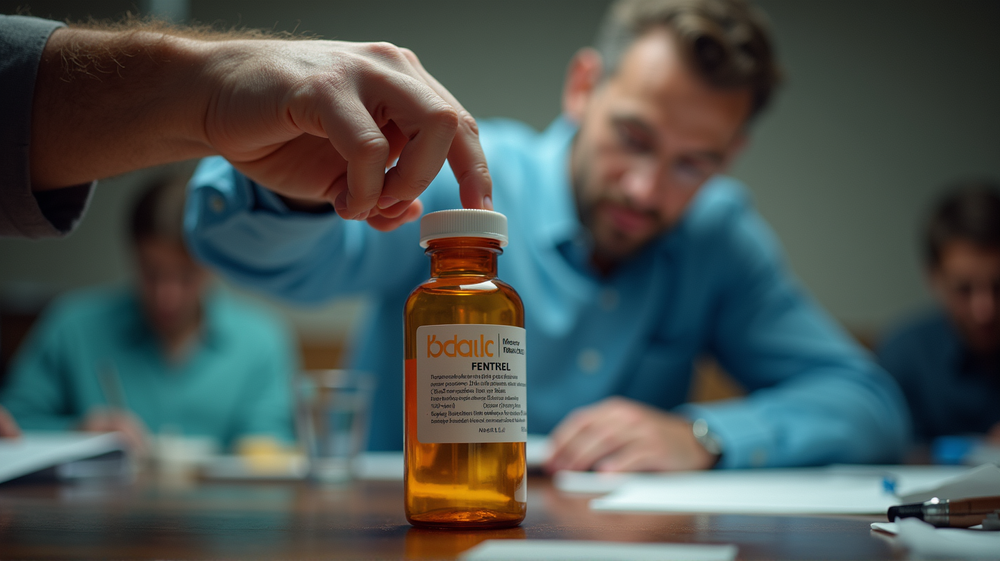Sandoz Files Lawsuit Against Amgen Over Enbrel Patent Dispute
Sandoz has launched a high-stakes antitrust lawsuit against Amgen, accusing the pharma giant of using its patent portfolio to unfairly stifle competition and block the introduction of a biosimilar to the lucrative autoimmune drug, Enbrel.
The Battle for Biosimilar Access
Initiated in the US District Court for the Eastern District of Virginia, Sandoz’s legal battle claims that Amgen has abused its patent rights. According to the lawsuit, Amgen strategically acquired patent rights to maintain market dominance and delay biosimilar competition, locking out Sandoz’s FDA-approved biosimilar, Erelzi, from reaching American patients.
Erelzi’s Shaky Entry into the US Market
Erelzi, approved by the FDA in 2016, found a welcoming market in Europe, where it thrived under a more supportive regulatory framework. Yet, the US market has remained elusive. The continual legal jousting over patents has maintained Amgen’s stronghold, with its exclusivity for Enbrel shielding it from competition until 2029.
History Repeating: Lessons from Humira
The struggle isn’t unique. Amgen isn’t the first to face accusations of extending patent lifetimes. AbbVie’s Humira maintained its reign for two decades post-main patent expiry, leading to restricted biosimilar access in the US while Europe offered alternatives much sooner. As stated in Pharmaceutical Technology, the US biosimilar landscape significantly lags behind, with only periodic breakthroughs marking progress.
What’s at Stake?
For Sandoz, the stakes are high. Success in this lawsuit could open doors to more affordable treatments for millions of Americans battling chronic inflammatory diseases, potentially revolutionizing the healthcare market by reducing costs and expanding access.
Looking Forward
Sandoz’s bold challenge could be a game-changer, potentially dismantling the patent barriers that have long hindered biosimilar availability in the United States. As the legal tide continues to shift, the ripple effects may redefine competitive practices and inspire future regulatory changes within the pharma industry.




